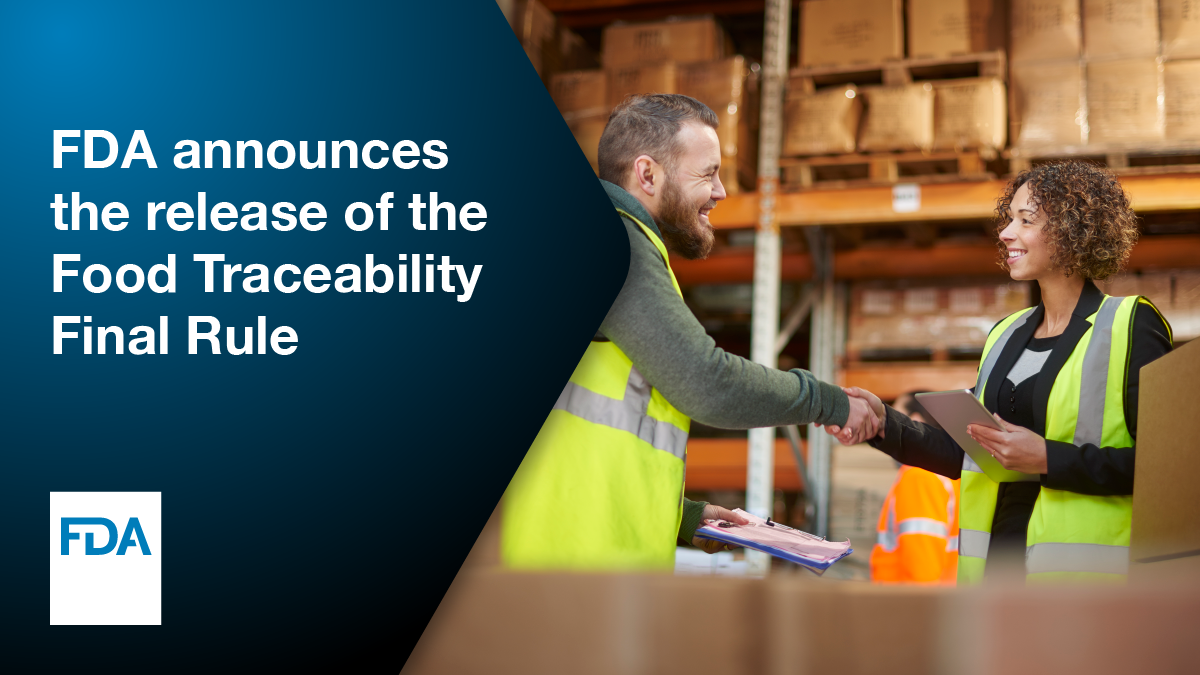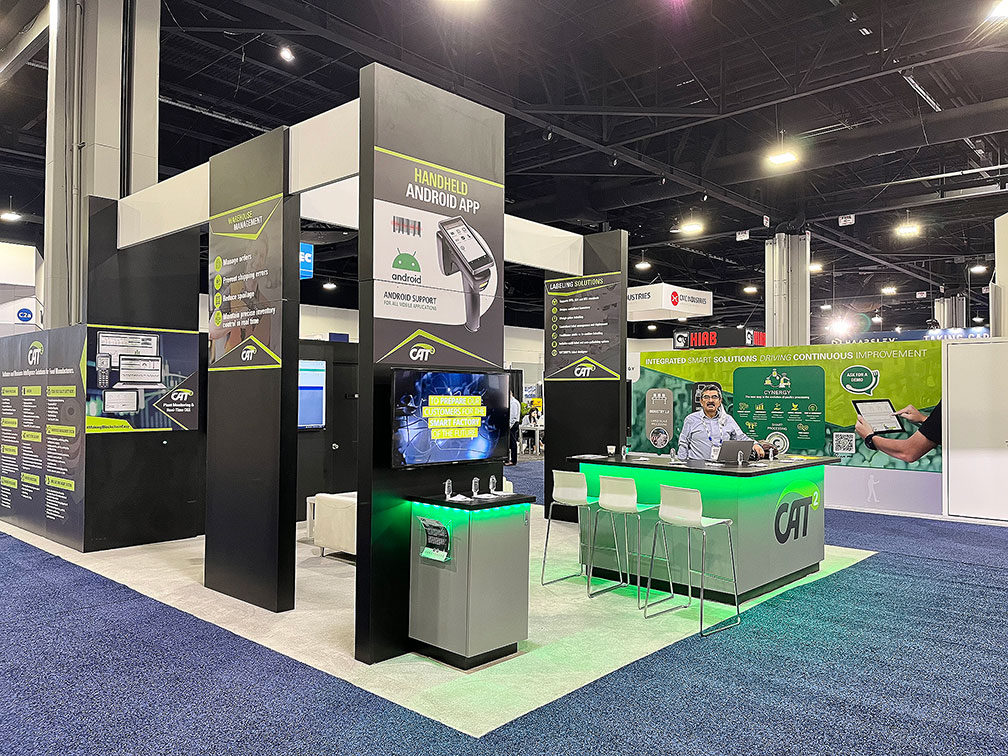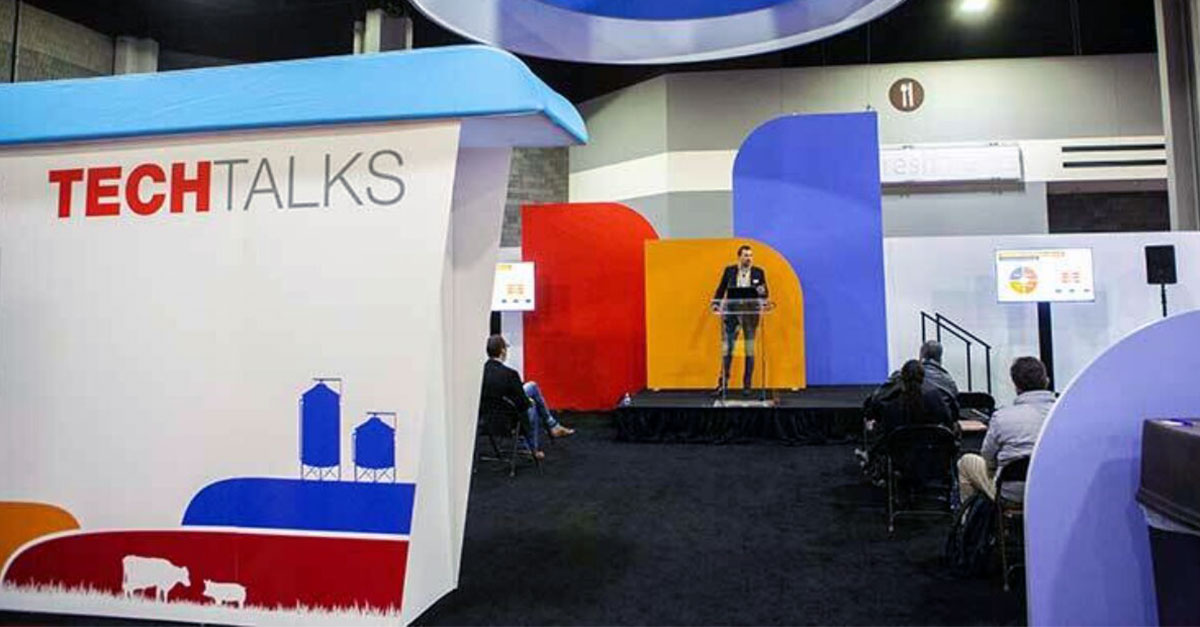The FDA’s FSMA 204 Food Traceability Rule has introduced stricter data requirements for certain foods—but many processors are still unsure how this affects them. If you manufacture, process, or pack foods on the FDA’s Food Traceability List (FTL), FSMA 204 applies to you.
Update (May 2025): The FDA has officially extended the compliance deadline for FSMA 204 from January 2026 to July 20, 2028. While this delay offers more time to prepare, it doesn’t reduce the risk of costly, overly broad recalls for companies that lack robust traceability systems.
What Is FSMA 204?
FSMA 204 (also called the “FSMA Final Rule: Requirements for Additional Traceability Records for Certain Foods”) expands on the Food Safety Modernization Act by requiring enhanced recordkeeping for foods on the FTL. Companies must now:
-
Record Key Data Elements (KDEs) at Critical Tracking Events (CTEs)
-
Store traceability records in a sortable electronic format
-
Provide traceability data to the FDA within 24 hours upon request
Foods covered by the rule include certain cheeses, leafy greens, tomatoes, shell eggs, nut butters, ready-to-eat deli salads, and more. The FDA notes that while the proposed requirements only apply to those foods on the FTL, “they were designed to be suitable for all FDA-regulated food products. FDA would encourage the voluntary adoption of these practices industrywide.”
What Are Critical Tracking Events (CTE)?
The Institute of Food Technologists (IFT), defined Critical Tracking Events (CTEs) as “those events that must be recorded in order to allow for effective traceability of products in the supply chain;” these are “those instances where products are moved between premises, is transformed, or is otherwise determined to be a point where data capture is necessary to trace a product.”
What Are Key Data Elements?
IFT also identified and recommended Key Data Elements (KDEs), which can be linked to CTEs and used to support product tracing. These include:
- Physical location that last handled the product, whether the manufacturer or not, and, if applicable, contact information for the broker who handled the transaction
- Incoming lot numbers of products received
- Amount of product manufactured or shipped
- Each physical location where cases were shipped (including individual retail and foodservice locations)
- Lot number(s) shipped to each location
- When (date/time) product was received and/or shipped
- Ingredients with corresponding lot numbers
How Are Key Data Elements (KDE) Linked to Critical Tracking Events?
GS1, a global, not-for-profit association, maintains standards for supply chain traceability. The GS1 System provides globally accepted identification numbers to support a common language for the communication of product information from company to company. GS1 identification numbers provide the link between a product and the information pertaining to it.
When a company assigns a GS1 identification number to a product, they define a set of standardized information about the product (e.g., size, weight, product type, etc.). Standardized information about products includes core data like selling units and product dimensions. Standardized information about commercial entities includes core data like location information about a warehouse or restaurant. Once defined by the company, the standardized product information can be stored and shared with trading partners.
GS1 offers a guide walking through a simple example of applying its standards to trace products and events across the supply chain.
What’s the New FSMA 204 Deadline?
The updated compliance deadline is July 20, 2028, extended from the original date of January 20, 2026. This gives food manufacturers an additional 30 months to align their systems—but proactive companies are already preparing.
WHAT ABOUT PRODUCTS NOT ON THE TRACEABILITY LIST?
Even if FSMA 204 doesn’t apply to your specific products, traceability is still critical. The real threat isn’t regulatory fines—it’s the risk of issuing an overly broad recall because you can’t isolate affected lots.
According to the Journal of Food Protection, the median cost of an overly broad food recall is $8.2 million per producer, with some exceeding $72.7 million. These losses are often preventable with better traceability systems.
Is CAT Squared FSMA 204 Compliant?
Yes. CAT Squared’s core MES already supports the one-up, one-down traceability required under existing USDA and FDA regulations. Our platform captures KDEs and CTEs during:
This foundation allows most customers to meet the regulatory requirements of FSMA 204 without any add-ons.
Going Beyond FSMA with Advanced Traceability Tools
For processors who want to go further, CAT Squared offers enhanced traceability solutions through our Starfish-powered compliance tools and FoodTrace consumer transparency portal. These tools help you:
-
Share traceability data securely with partners in EDI or EPCIS format
-
Generate FDA-ready reports within minutes
-
Isolate affected lots in seconds during a recall
-
Build consumer trust through branded, scannable QR codes
- Support ESG and sustainability reporting goals
How to Prepare for FSMA 204 Now
Whether FSMA 204 applies to you now or may apply in the future, the key steps are:
-
Audit your current traceability capabilities
-
Identify gaps in KDE and CTE capture
-
Digitize and integrate traceability data with production systems
-
Prepare to share data in electronic formats (e.g., EDI, CSV, XML)
Our team can walk you through each step to ensure your traceability strategy meets regulatory needs—and protects your bottom line.
Next Steps
Traceability is no longer a “nice to have”—it’s a business-critical capability. CAT Squared provides scalable solutions that help processors comply with FSMA 204, reduce waste, and improve transparency.
Please reach out to our team to learn how our solutions enforce FSMA compliance:
Explore Our Traceability Solutions →
Are you looking to future-proof your traceability system?
👉 Explore: FSMA 204 Traceability Software: Going Beyond Basic Compliance
Want to see how traceability reduces recall risk?
👉 Read: How Real-Time Traceability Software Reduces the Cost and Scope of Food Recalls






